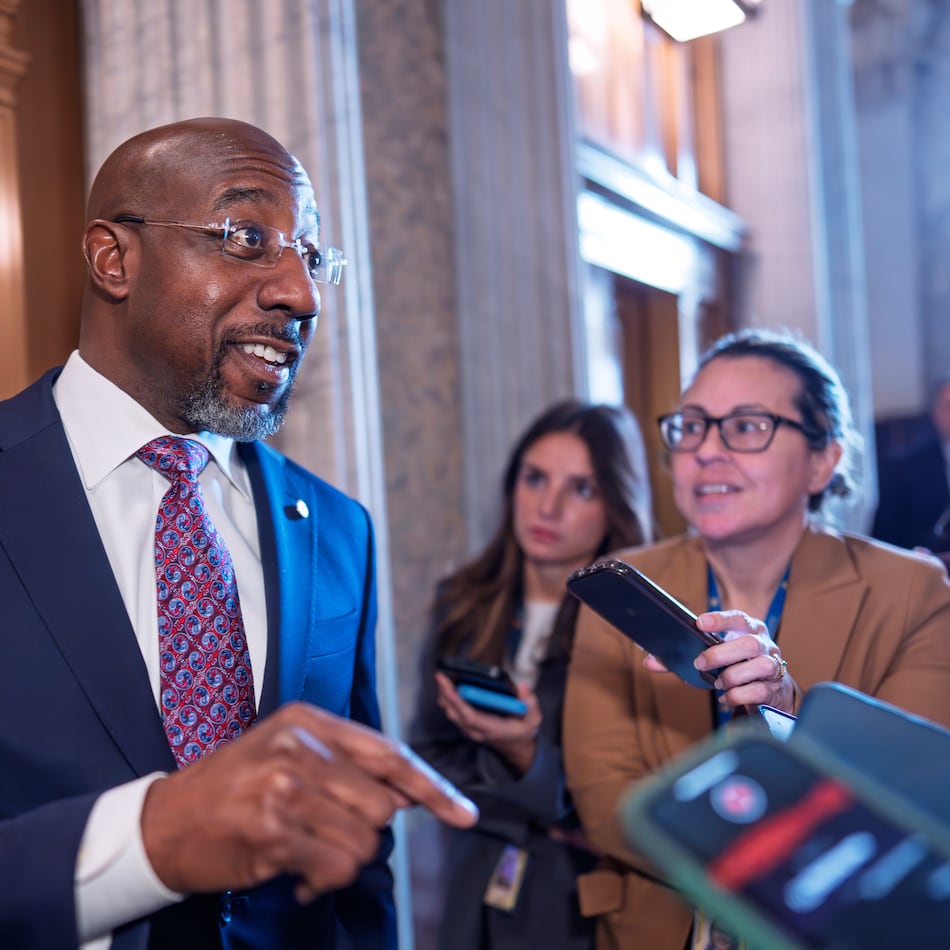Delta Air Lines has extended its waiver of change fees for travelers with flights booked to China through February in a sign of the broadening impact of the coronavirus outbreak.
The move came as U.S. authorities reported Monday that about 110 people are being tested for the virus in 26 states, with five confirmed cases.
The Centers for Disease Control and Prevention on Monday recommended that travelers avoid all non-essential travel to China.
China has locked down Wuhan, where the virus started, and more than a dozen surrounding cities.
Atlanta-based Delta had previously issued a change fee waiver through Jan. 31.
Delta's only nonstop flight to China from Atlanta is to Shanghai, where some businesses have closed, including Shanghai Disney Resort. Delta also flies to Beijing and Shanghai from other U. S cities.
Penelope Prime, a professor at Georgia State University and founding director of the China Research Center, said she expected business travelers and tour groups will cancel their trips.
“Anybody who is doing business in China is affected, there’s just no way around it,” she said. “It’s just too risky, and people won’t want to meet you anyway when you’re there.”
Authorities last week began screening passengers who arrive at Atlanta’s Hartsfield-Jackson International Airport from China for signs of coronavirus.
Atlanta is among five U.S. airports where travelers from China have been going through screening, but the CDC on Monday expanded its monitoring for illness among travelers arriving from China to 20 U.S. airports with quarantine stations.
For travelers with flights booked to, from or through Beijing or Shanghai through Feb. 29, Delta is allowing a one-time change to a different flight without paying a change fee. Travelers with flights booked on those routes can also cancel their flights and use the value toward the purchase of another ticket in the future.
Scott Ellyson, chief executive of Atlanta-based East West Manufacturing, said his company’s factory in Jiangsu, China has pushed back its start date after the Chinese New Year from Feb. 1 to a few days later.
“They’ll push it out even further if things continue to worsen,” he said. “We’re watching it closely right now.”
Many workers return home to see their families for Chinese New Year, which was Saturday, so “in terms of a viral outbreak, it’s probably the worst time of year for something like that to happen, because you’ve got so many people traveling at the same time.”
Ellyson said he just returned from China 10 days ago and has a vice president scheduled to fly there in a month.
Travelers also risk getting stuck because Chinese authorities are unlikely to announce in advance any plans to lock down more cities, according to Scott Hume, vice president of operations at Global Rescue, a travel risk and crisis response firm.
"It's just going to happen, and once it does it's not going to be permeable," Hume wrote in a statement.
About the Author
The Latest
Featured


